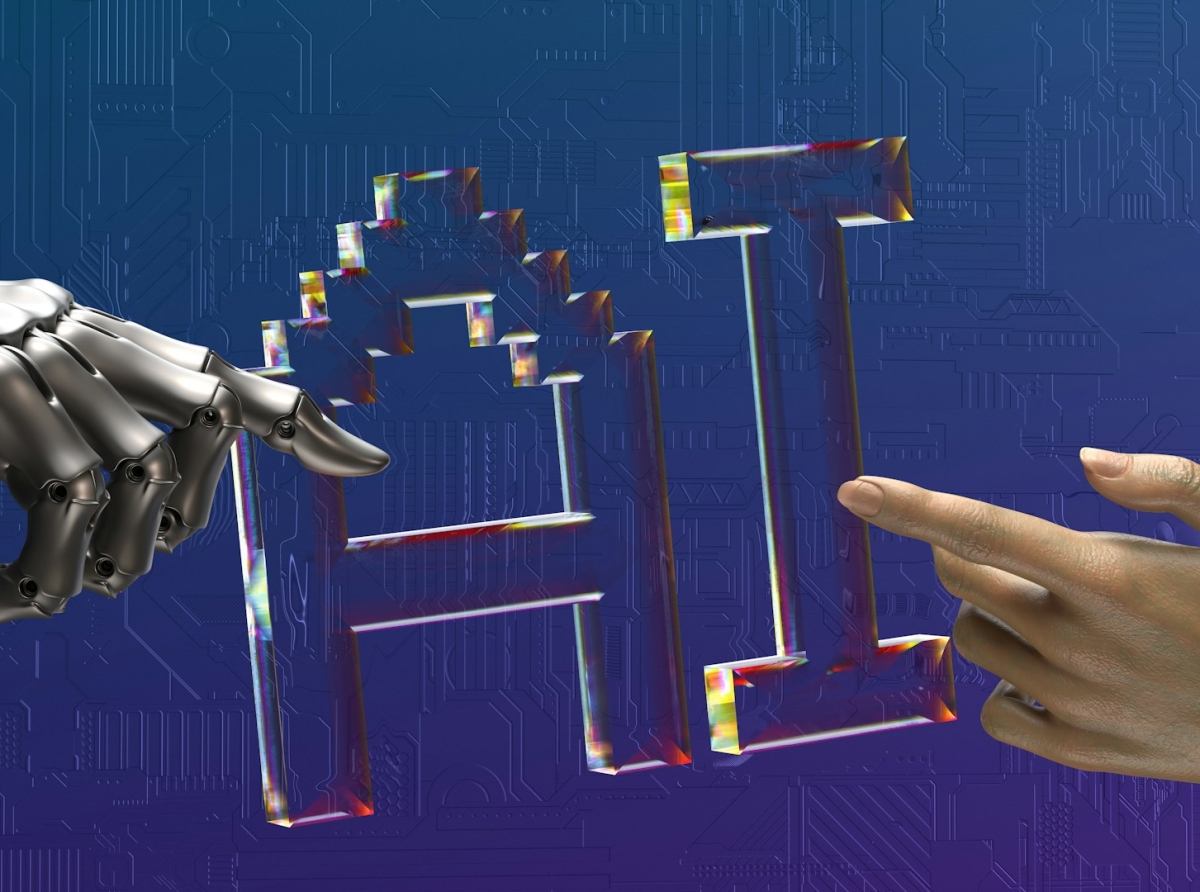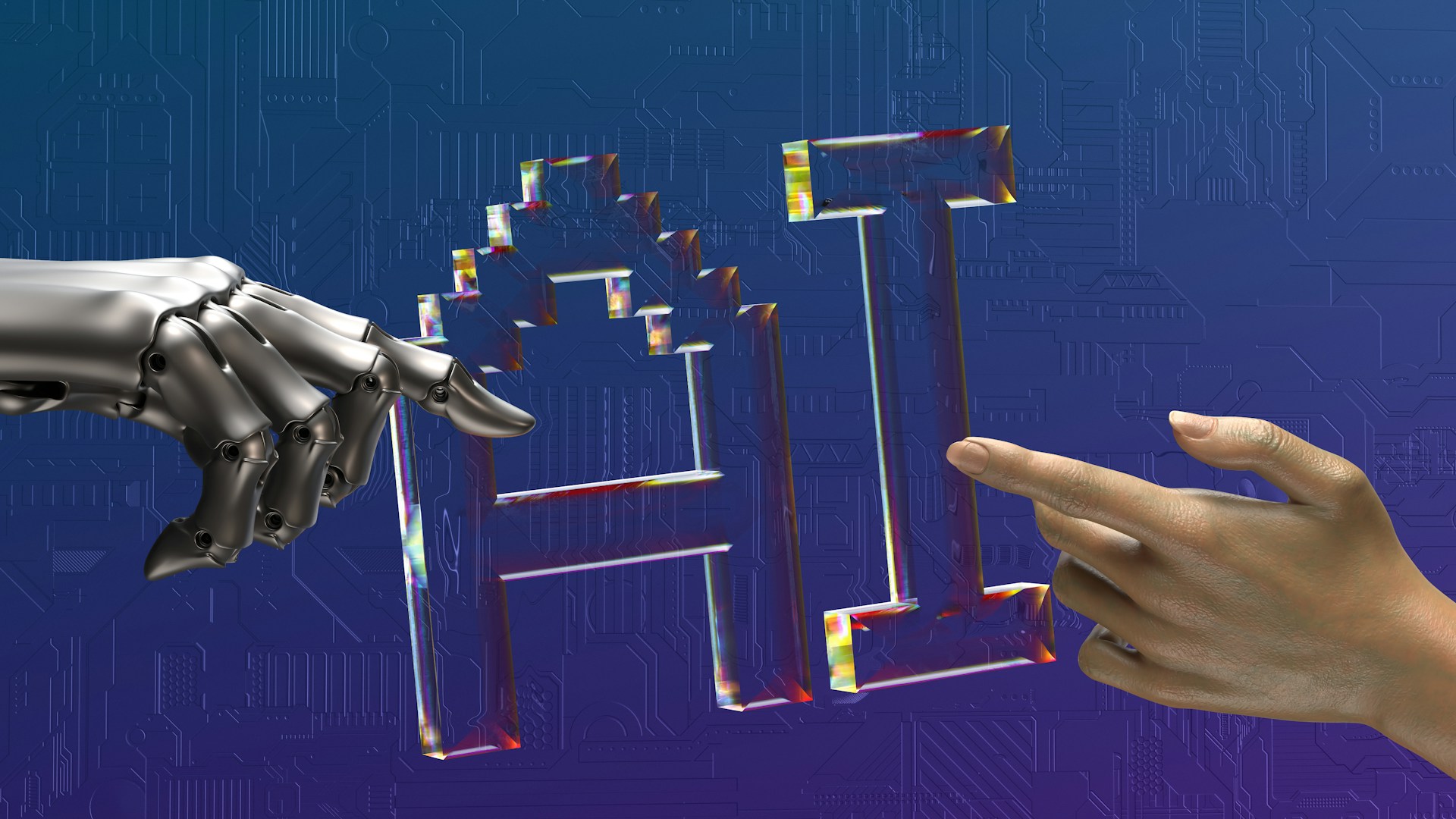
What Are AI Agents?
Artificial Intelligence (AI) has evolved significantly over the past few decades, transforming industries and reshaping how humans interact with technology. One of the most exciting advancements in this field is the emergence of AI agents —autonomous systems capable of performing tasks, making decisions, and interacting with their environment without constant human intervention. These agents are not just tools but intelligent entities that can adapt, learn, and act independently to achieve specific goals.
In this article, we will explore what AI agents are, how they work, their applications across various industries, and the ethical considerations surrounding their use. By the end, you'll have a comprehensive understanding of why AI agents are poised to become one of the most transformative technologies of our time.
In this article, we will explore what AI agents are, how they work, their applications across various industries, and the ethical considerations surrounding their use. By the end, you'll have a comprehensive understanding of why AI agents are poised to become one of the most transformative technologies of our time.

What Are AI Agents?
Defining AI Agents
An AI agent is a software or hardware system designed to perceive its environment, process information, and take actions to achieve predefined objectives. Unlike traditional programs that follow rigid instructions, AI agents leverage machine learning, natural language processing, computer vision, and other AI techniques to operate autonomously.Key characteristics of AI agents include:
- Autonomy : AI agents can function independently, making decisions without requiring explicit human input for every action.
- Adaptability : They learn from experience and adjust their behavior based on new data or changing environments.
- Goal-Oriented Behavior : AI agents are programmed to pursue specific objectives, whether it's optimizing supply chains, diagnosing diseases, or playing chess.
- Interaction : Many AI agents interact with humans, other agents, or external systems to gather information and execute tasks effectively.Examples range from simple rule-based bots to sophisticated multi-agent systems used in robotics, gaming, and finance.
How Do AI Agents Work?
The functionality of an AI agent depends on several components working together seamlessly. Here’s a breakdown of the key elements involved:1. Perception
AI agents rely on sensors, APIs, or data streams to collect information about their surroundings. For example:
A self-driving car uses cameras, LiDAR, and radar to "see" roads and obstacles.
A virtual assistant like Siri or Alexa processes voice commands through microphones.
Perception enables agents to understand context and identify relevant inputs for decision-making.
2. Reasoning and Decision-Making
Once data is collected, AI agents analyze it using algorithms such as neural networks, reinforcement learning, or probabilistic models. This reasoning phase involves evaluating possible actions and selecting the best course based on predefined criteria.
For instance:
In healthcare, diagnostic AI agents assess patient symptoms and medical history to recommend treatments.
In gaming, AI opponents predict player moves and strategize accordingly.
3. Action Execution
After deciding on a plan, the agent executes actions within its environment. These actions could be physical (e.g., a robot arm assembling parts) or digital (e.g., sending automated emails).
4. Feedback Loop
AI agents continuously improve through feedback loops. Reinforcement learning, for example, rewards agents for successful outcomes, encouraging them to refine their strategies over time.
Types of AI Agents
AI agents can be categorized into different types based on complexity and functionality:1. Simple Reflex Agents
These agents respond directly to environmental stimuli using pre-programmed rules. For example, a thermostat adjusts heating when the temperature drops below a set threshold.
2. Model-Based Reflex Agents
More advanced than simple reflex agents, these incorporate internal models of the world to track states and make informed decisions. An example would be a robotic vacuum cleaner mapping a room before cleaning.
3. Goal-Based Agents
These agents focus on achieving specific objectives by considering multiple steps and potential outcomes. Autonomous drones delivering packages are a prime example.
4. Utility-Based Agents
Utility-based agents optimize performance by maximizing a utility function—a measure of success. For instance, investment algorithms aim to maximize returns while minimizing risk.
5. Learning Agents
Learning agents evolve over time by acquiring knowledge and improving performance. Chatbots powered by large language models, like GPT, fall under this category.
Applications of AI Agents Across Industries
AI agents are already revolutionizing numerous sectors, offering innovative solutions to complex problems. Below are some notable examples:1. Healthcare
AI agents assist doctors in diagnosing illnesses, predicting patient outcomes, and personalizing treatment plans. IBM Watson Health, for example, analyzes vast datasets to support clinical decision-making.
2. Transportation
Self-driving cars represent one of the most prominent uses of AI agents. Companies like Tesla and Waymo develop autonomous vehicles capable of navigating roads safely and efficiently.
3. Customer Service
Chatbots and virtual assistants handle customer inquiries, resolve issues, and provide 24/7 support. Amazon’s Alexa and Apple’s Siri exemplify conversational AI agents enhancing user experiences.
4. Finance
AI agents detect fraudulent transactions, optimize portfolios, and automate trading processes. Hedge funds increasingly rely on AI-driven algorithms to outperform human traders.
5. Manufacturing
Robotic agents streamline production lines, reducing costs and increasing efficiency. Collaborative robots ("cobots") work alongside humans to assemble products and perform quality checks.
6. Gaming
AI agents enhance gameplay by creating realistic non-player characters (NPCs) and dynamic scenarios. Games like The Last of Us showcase lifelike interactions powered by AI.
7. Environmental Monitoring
AI agents monitor ecosystems, predict natural disasters, and combat climate change. For example, satellite imagery analyzed by AI helps track deforestation and rising sea levels.
Benefits of AI Agents
The adoption of AI agents brings numerous advantages:Efficiency : Automating repetitive tasks frees up human resources for more creative and strategic activities.
Accuracy : AI agents reduce errors caused by fatigue or oversight, leading to higher precision in critical areas like medicine and engineering.
Scalability : AI agents can handle large volumes of data and operations simultaneously, scaling effortlessly with demand.
Cost Savings : Businesses save money by deploying AI agents instead of hiring additional staff or investing in manual processes.
Personalization : AI agents tailor services to individual preferences, improving customer satisfaction and engagement.
Challenges and Ethical Considerations
Despite their potential, AI agents raise important questions about ethics, accountability, and societal impact:1. Bias and Fairness
AI agents trained on biased datasets may perpetuate discrimination or unfair practices. Ensuring fairness requires careful curation of training materials and ongoing monitoring.
2. Privacy Concerns
AI agents often rely on vast amounts of personal data, raising concerns about privacy breaches and misuse. Regulations like GDPR aim to address these risks but remain challenging to enforce globally.
3. Job Displacement
Automation threatens jobs traditionally performed by humans, particularly in manufacturing and customer service. Governments and organizations must invest in reskilling workers to mitigate unemployment risks.
4. Accountability
When an AI agent makes a mistake, determining responsibility becomes complicated. Should developers, users, or the agent itself bear the blame?
5. Security Risks
Malicious actors could exploit vulnerabilities in AI systems, leading to cyberattacks or misinformation campaigns. Robust cybersecurity measures are essential to protect against these threats.
The Future of AI Agents
As AI technology advances, so too will the capabilities of AI agents. Emerging trends suggest exciting possibilities:1. Multi-Agent Collaboration
Future systems may involve teams of AI agents collaborating to solve complex problems, much like human teams. Examples include swarm robotics for search-and-rescue missions.
2. Enhanced Human-AI Interaction
Advances in natural language processing and emotion recognition will enable AI agents to communicate more naturally and empathetically with humans.
3. Generalized AI
While current AI agents excel at narrow tasks, researchers aspire to create generalized AI capable of mastering multiple domains—a step closer to human-like intelligence.
4. Integration with IoT
AI agents will increasingly integrate with Internet of Things (IoT) devices, enabling smarter homes, cities, and workplaces.
Conclusion: Embracing the Potential of AI Agents
AI agents represent a paradigm shift in how we approach problem-solving and innovation. From automating mundane tasks to tackling global challenges like climate change and healthcare accessibility, these intelligent systems hold immense promise. However, realizing their full potential requires addressing technical limitations and ethical dilemmas responsibly.By fostering collaboration between technologists, policymakers, and society at large, we can ensure that AI agents serve humanity’s best interests. As we stand on the brink of this transformative era, embracing AI agents means embracing a future where technology amplifies human potential rather than replacing it.
#AIAgents #ArtificialIntelligence #FutureTech









Report
My comments